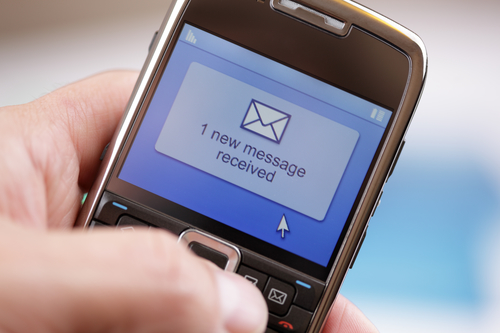 On December 1, 2014, Travel Weekly published a glowing article about former Norwegian Cruise Line CEO Colin Veitch, calling him a “visionary” and maybe “the most influential and creative cruise CEO of the past decade”.
On December 1, 2014, Travel Weekly published a glowing article about former Norwegian Cruise Line CEO Colin Veitch, calling him a “visionary” and maybe “the most influential and creative cruise CEO of the past decade”.
Veitch’s successor as CEO, Kevin Sheehan, took issue with that characterization and wrote an email to Travel Weekly’s publisher and editor-in-chief. As a result, the publication removed the article from its website a few days later.
Colin Veitch then sued Norwegian and Sheehan for what he believed must have been defamatory statements to Travel Weekly that resulted in taking down the complimentary story.
As part of that case, Veitch issued a subpoena to Travel Weekly’s publisher, editor-in-chief, and senior editor to obtain whatever communications had been made about Veitch. Travel Weekly and its editors asserted that the information was protected from disclosure by journalist privilege under § 90.5015, Fla. Stat. (2017).
A trial court ruled that the information sought was not protected by the privilege invoked, also called the shield law. The reasoning was that the statute only covers information obtained “while actively gathering news,” not just any information received even if within the normal scope of employment as a journalist.
In my humble opinion, the trial judge made the wrong decision in this order.
The statute does say privilege applies to information obtained while “actively” gathering news. However, in the news business, information sometimes comes to reporters unsolicited, as it did in this case. That means, the word “actively” has to be defined in the context of how journalists do their jobs.
This unsolicited information was key to an editorial decision to remove a story from the internet. Therefore, it should be protected.
Aside from the meaning of “actively,” there’s a whole separate question of whether the plaintiff could find that information elsewhere. The Florida shield law provides journalists with a qualified privilege against testifying or giving evidence in lawsuits and criminal prosecutions. However, it’s not a blanket immunity from giving testimony. It’s designed to make testimony from a journalist hard to get – and only after all other sources of information have been exhausted.
In this case, the court should have ruled that the three writers were “actively gathering news” because they were at work and doing their jobs when the information came to them. That’s the way news organizations operate. The really unfortunate thing about this is the court didn’t need determine the meaning of “actively” in a way that weakens the shield law. Instead, the court could have compelled disclosure of the email if the evidence showed the email was essential to Veitch’s case and that he had exhausted all other avenues for obtaining it.
Unfortunately, there will not be an appeal in this case so the appeals court will not have a chance to correct this interpretation. The good news, if any, is that trial court orders typically are not binding precedent in any case other than the one in which they are issued.
I represent clients in legal matters related to news media as well as libel, slander, and defamation. I would be honored to help you evaluate any questions you might have about these subjects. You can reach me at 904-807-2179 or [email protected].